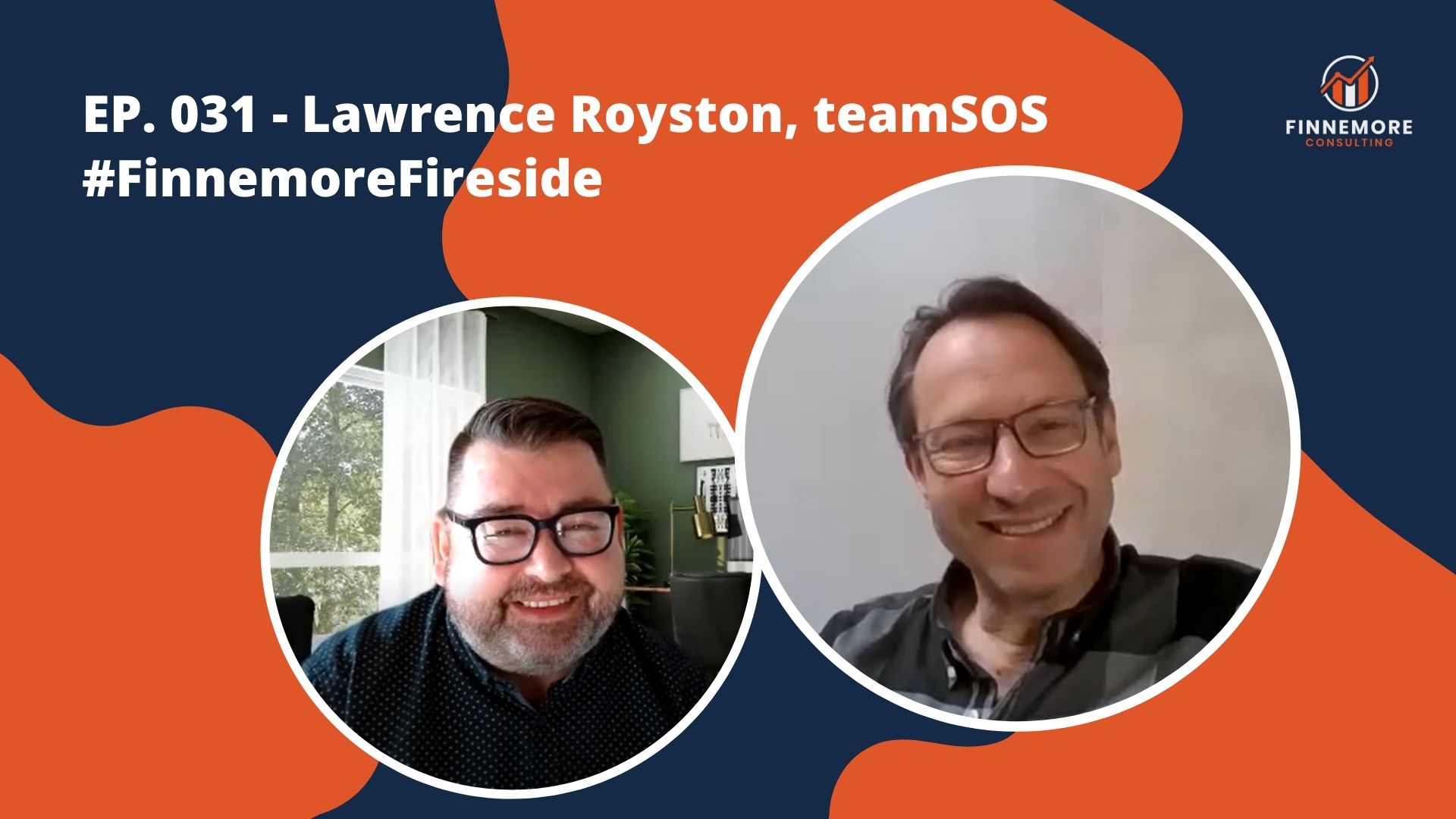Just before Bett this year, Nick caught up with Lawrence Royston, Founder of teamSOS, to talk all things edtech.
Lawrence is one of the true entrepreneurs of the Edtech market. Along with his partner Joanne, he started with GroupCall messenger, the first SMS messaging system for schools in the UK, then built Xporter, supporting Third parties to have a generic way to integrate with MIS data, before looking at how they could provide deeper insights in the data they were already transferring through GroupCall XVault. He’s also supported GDPRis and has recently started a new business in teamSOS, an incident management and compliance tool for staff in Education and NHS establishments.
We’ve split the interview into two parts to make it easier to digest. In part one Nick and Lawrence discuss:
- What it means to have an entrepreneurial mindset
- Working with partners (and family!), their symbiotic skills, and how this is a great asset in business
- The thinking behind teamSOS, where the idea came from, and the problem it solves
- The importance of listening and learning from users
- ‘Successive approximation’ and continually iterating solutions to help better meet the needs of your customers
In part two they talk about:
- What advice would Lawrence give budding edtech entrepreneurs based on his own experience?
- Getting work/life balance right
- The effect of recent market changes: how consolidation makes space for speedboats!
- The innovation bubbling away in the background within smaller businesses that lead on vision and integration
- Modernising technology (case in point: walkie talkies)
- Their approach to pricing and delivering value
- How making school staff feel cared for attracts and retains the best candidates
Enjoy!



